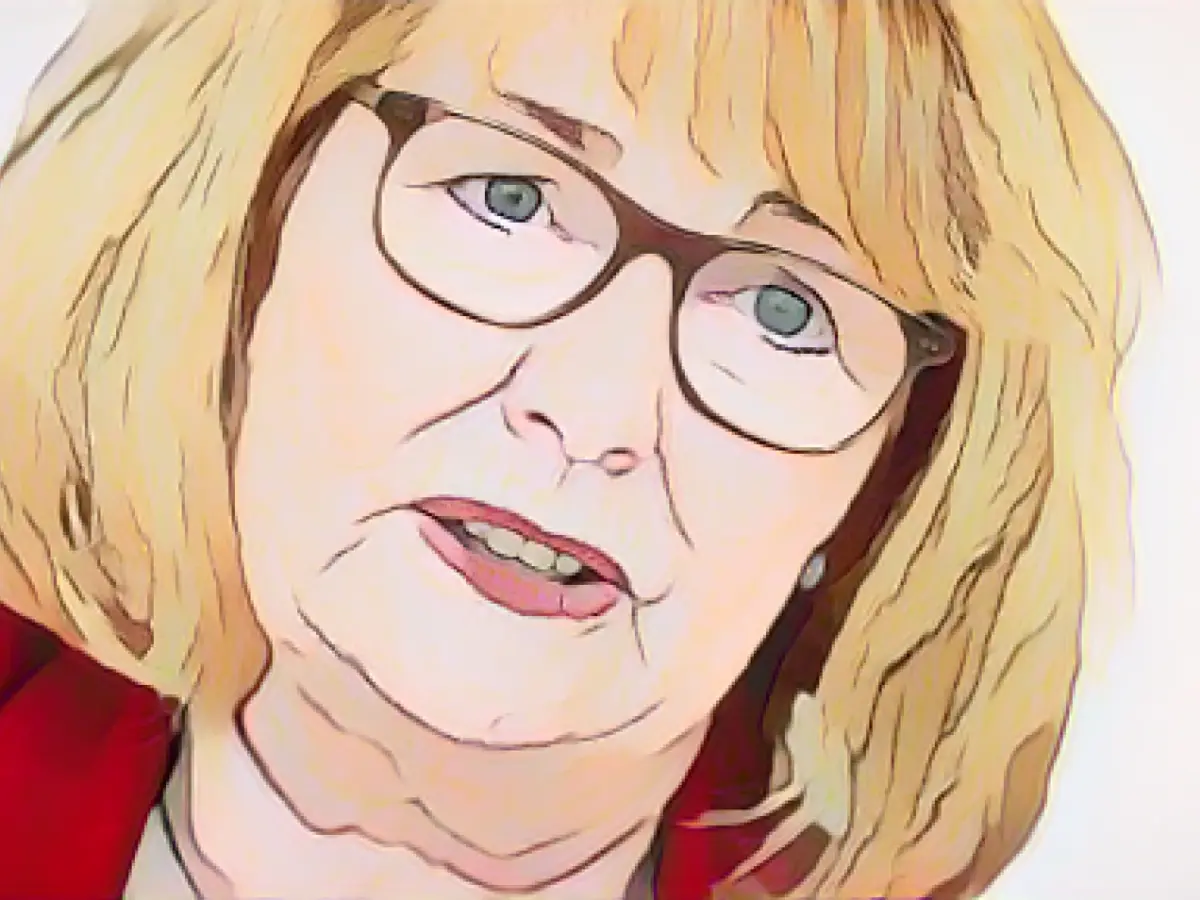Pharmacies - Cough syrup to insulin - persistent supply bottlenecks lamented
According to the Lower Saxony Chamber of Pharmacists, the problem of supply bottlenecks for medicines has worsened considerably. For example, various antihypertensive drugs, antidepressants for adolescents and certain asthma medications are not available, said board member Gabriele Röscheisen-Pfeifer to the German Press Agency. "We have cough syrups and even insulins that are not available. New products are added to the portfolio every day," reported the pharmacist from Oldenburg.
The chamber advises patients to look for a regular pharmacy, as they can make a lot of things possible - for example, obtaining alternative remedies in consultation with the prescribing doctor or producing fever syrups or suppositories for children themselves.
Christine Arbogast, State Secretary in the Lower Saxony Ministry of Health, said: "Medical care for citizens is secure." But there are also problems, for example when it comes to the immediate availability of certain medicines. The federal and state governments had already initiated changes and would find solutions, including digital solutions, said Arbogast.
Pharmacists feel let down by the federal government. They are being burdened with more and more bureaucracy, they criticize. The supply difficulties lead to extra work that is neither appreciated nor rewarded, said Röscheisen-Pfeifer. Shortages of anaesthetics, which are used in palliative care - i.e. to relieve the pain of dying people - are also a cause for concern.
The supply difficulties are a nationwide problem. The President of the Lower Saxony Chamber of Pharmacists, Cathrin Burs, told dpa that the profession has been pointing out the worsening supply bottlenecks to Federal Health Minister Karl Lauterbach (SPD) for years. "We are calling on the minister to listen to us and engage in constructive dialog," emphasized Burs.
According to the President of the Chamber, the main cause of the bottlenecks is past mistakes. Accordingly, the production of active ingredients for the global market was relocated to a few companies in the Far East for cost reasons. A thyroid medication produced abroad, for example, is not available until 2028, according to the announcement. Burs called for more active ingredients and medicines to be produced in the European Union again.
"If politicians do not take action now, the decline in pharmacies will continue to accelerate," warned Berend Groeneveld, Chairman of the Board of the Lower Saxony Pharmacists' Association. The management of supply bottlenecks will be made more difficult by the lack of staff. There are around 1700 pharmacies in Lower Saxony, compared to more than 2100 ten years ago. Groeneveld is also calling for more university places and training opportunities in the field of pharmacy in Lower Saxony.
The pharmacists take offense at a long list from the Federal Institute for Drugs and Medical Devices. Since Saturday, they have had to check whether a medicine is actually unavailable before they can take action themselves. Otherwise there is a risk that the health insurance companies will not cover the costs of alternative products, explains the chamber. However, pharmacists from Lower Saxony criticize the fact that the list is not updated on a daily basis.
"If a mother is at the door with her feverish child, I can't wait until supply bottlenecks are identified in 14 days' time," said Jens-Peter Kloppenburg, a pharmacist from Goslar. Kloppenburg describes the list as a "bureaucratic monster". "I always thought that this was one of the welfare state's promises to at least provide children with regular supplies of medicines at the best possible level. This promise is becoming fragile."
PM Warning of supply bottlenecks
Read also:
- A clan member is punished here
- Traffic lawyer warns: Don't talk to the police!
- Will he be convicted as Jutta's murderer after 37 years?
- He also wanted to kill his cousin
- The persistent supply bottlenecks in pharmacies have led to unavailability of medications such as antihypertensive drugs, antidepressants for adolescents, and certain asthma medications, as well as cough syrups and insulins for children.
- The Federal Government is criticized by pharmacists for burdening them with more bureaucracy and failing to address the supply bottlenecks in a timely manner, which leads to extra work and is neither appreciated nor rewarded.
- The Lower Saxony Chamber of Pharmacists has been raising concerns about supply bottlenecks to the Federal Health Minister Karl Lauterbach for years, calling for constructive dialogue and more active ingredients to be produced in the European Union.
- The supply difficulties are also a concern in the pharmaceutical industry, with shortages of anaesthetics used in palliative care causing concern for dying patients.
- According to the President of the Lower Saxony Chamber of Pharmacists, Cathrin Burs, past mistakes in relocating production of active ingredients for the global market to a few companies in the Far East have led to the current supply bottlenecks.
- The decline in pharmacies is expected to accelerate if politicians do not take action to address the supply bottlenecks and increase staffing levels through more university places and training opportunities in the field of pharmacy.
- The German Press Agency reported that the pharmacists in Hanover, Germany, are now required to check whether a medicine is actually unavailable before they can take action, with concern over the outdated nature of the list and its impact on patient care.
- The supply bottlenecks pose a significant challenge to pharmacists, as illustrated by Jens-Peter Kloppenburg, a pharmacist from Goslar, who described the situation as a "bureaucratic monster" and a threat to the promise of providing regular supplies of medicines to children.
Source: www.stern.de








